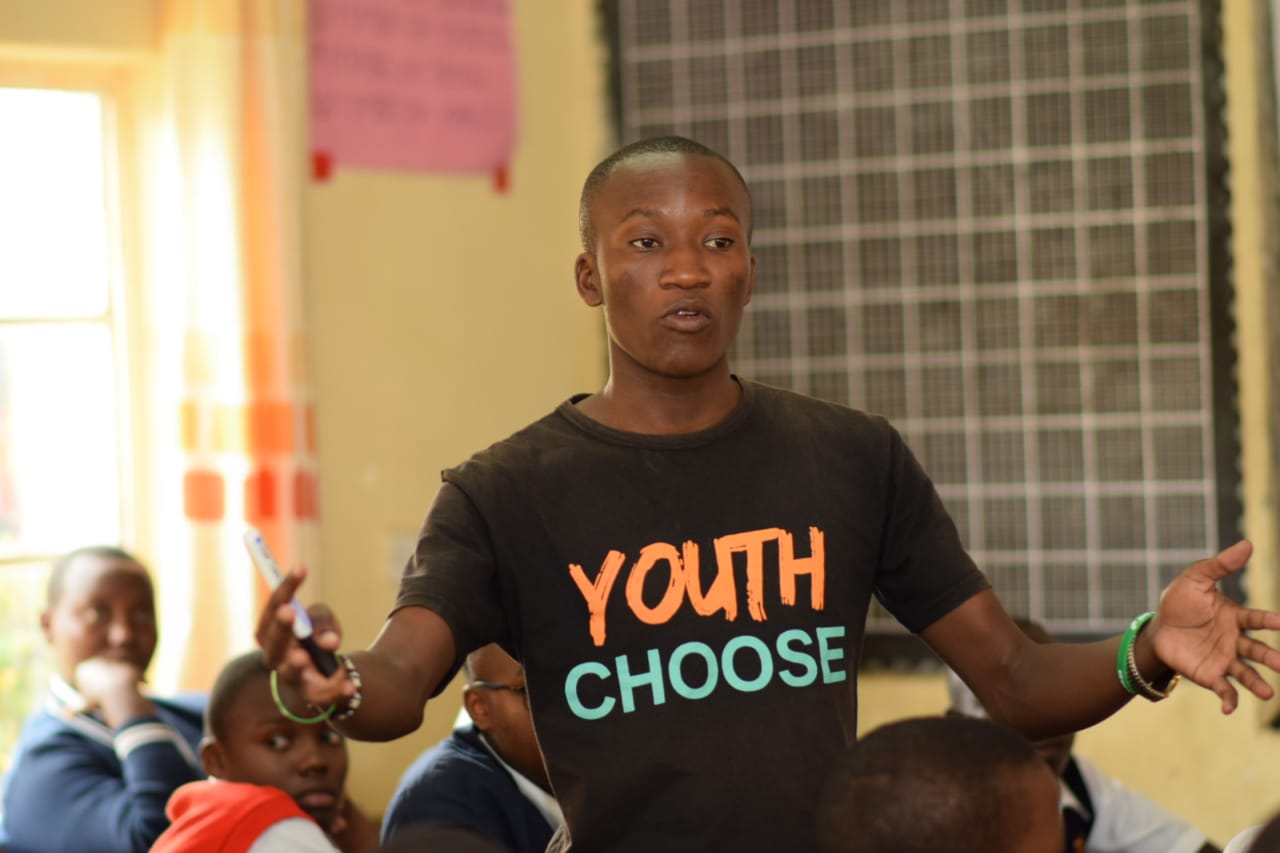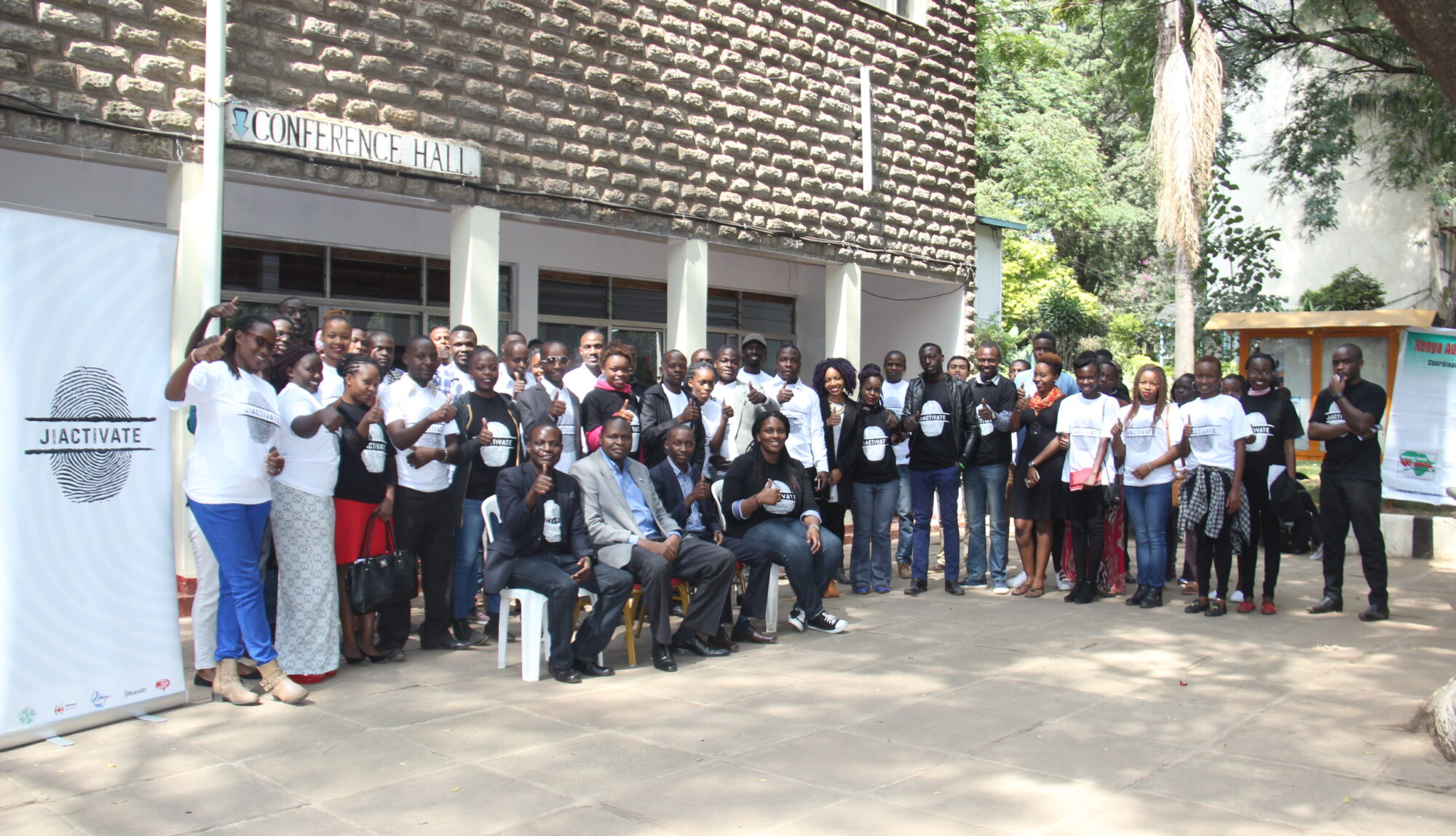

My Country Kenya is on the pace to win developmental opportunities and identify gaps that affect her growth. With highlights from the KNBS (2019), the current population is 47 million, which is an indication of 10 Million increases from the previous 37 Million. Out of this, 75% are young people aged 35 years and below. A youthful nation that is on the run to strengthen the health system, calls for not only improved essential health services but also inclusivity in the agenda to strengthen these systems. The high percentage of young people is a definition for innovative opportunities and a live nation with an available workforce. Contrary, the spotted increase of unemployment rate and dependency ratio amidst Covid-19 (National Cohesion and Integration Commission Kenya ), calls for planning, industrialization and more investment in opportunities for young people in the health sector.
The call to meaningfully engage young people (MAYE) in addressing essential health services is derived from their inadequate knowledge and engagement in designing, reviewing policy implementation. Mechanisms to strengthen their engagement in policies is enacted by the Kenya Development Youth Policy, Civil Society Organizations (CSOs) policy briefs and driven by the 2010 Kenya constitution. However, this engagement only captures a small percentage among the 30% of young people between the ages of 18-30 years, under the category of youth advocates, young academia, young philanthropists, young leaders, and junior researchers. Young people aged 18 years and below fall in the category of character (behavior change) development. Their engagement is on behavior change, knowledge on adolescence (body development), and the need to be educated. Very few of them are aware of existing policies and their rights in these policies and guidelines.
Youth misunderstanding of policies that strengthen their agendas is an indication of their inactive participation in the development and review of policies and international commitments. Their inactive participation stems from ignorance, lack of awareness, and a negative attitude towards policies favoring a specific gender.
According to Population Reference Bureau , young people should be encouraged to participate in policies, programs, and services that are directed at them. Some of these policies in Kenya include the National Adolescent Sexual Reproductive Health policy, Kenya Development Youth Policy , National Policy for Prevention and Response to Gender Based Violence, Menstrual Hygiene Management policy, Policy for prevention of HIV among Key population in Kenya, Public sector workplace policy on HIV/AIDs and Kenya Roads Board HIV/AIDs policy just to mention a few. Among these policies, we also have departmental guidelines and long-term departmental strategic plans.
I believe that by empowering young people to access, understand, and responsively engage in these policies and strategic plans, there will be an opportunity for them to best implement government and CSOs projects with a vision for development. Thus, meaningfully engaging young people in policy implementation, review, and development is essential in the realization of the Country`s commitment to vision 2030.
Siamola Murundo is a youth advocate and Programs Assistant at Organization of African Youth Kenya.
